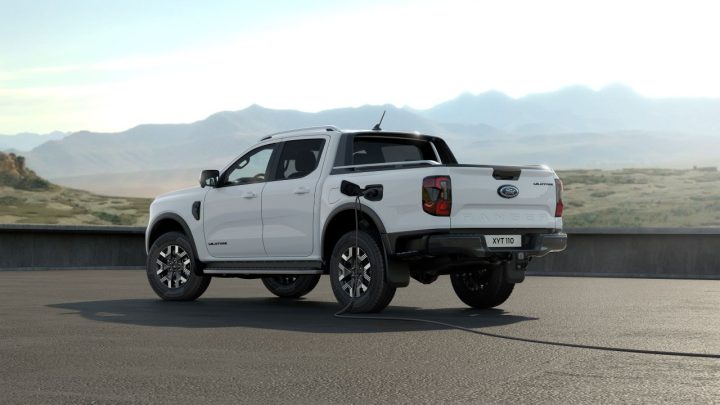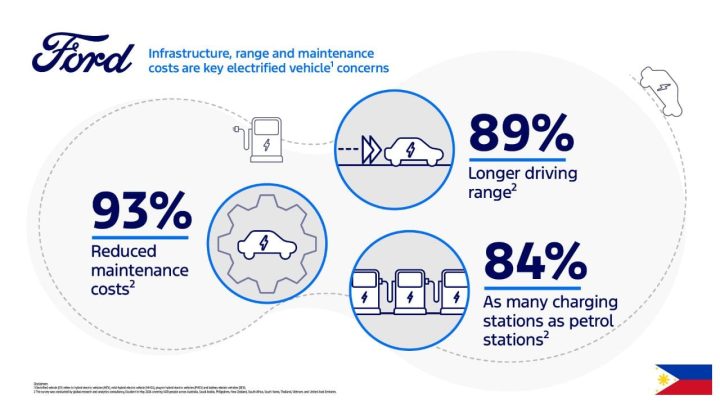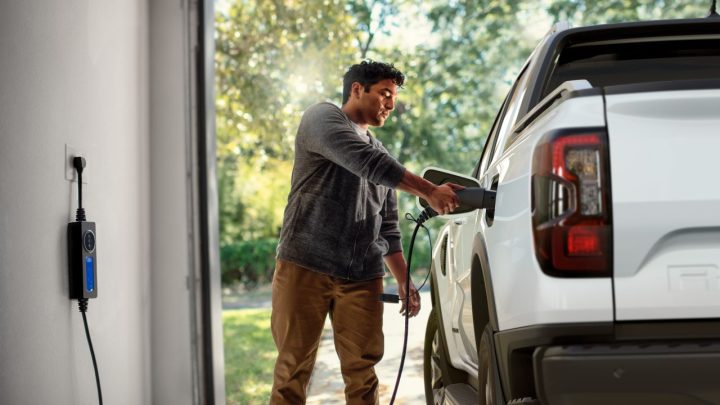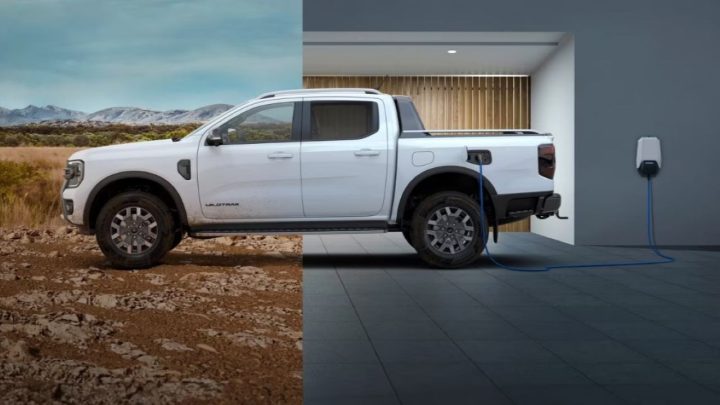
In what seems to be a homework of sorts, Ford PH went out to find the concerns of the electric vehicle-buying public in the Philippines. Well, they did, and according to the surveys that were sent out and subsequently answered and returned, there are 8 “categories” that make people want to purchase or avoid purchasing electrified vehicles altogether. We know it’s from Ford, but we do see the water that the information holds. Read on and tell us if you agree.
Ford PH comes out with a list of Filipino vehicle buyers’ apprehensions (and what they like) towards EVs

Photo: Ford
At this point, Ford PH has confirmed one thing with this study, and that’s the fact that Filipinos do have a keen interest in jumping onto the electrification wagon.
However, whatever interest there might be is dumbed down mainly by the lack of proper infrastructure to support charging. This is the first of the 8 we highlighted in our headline. This is most concerning because according to the survey, “Nearly half of all the Filipino respondents are unaware of any charging stations within 20 kilometers of their home agreeing there should be as many charging stations as service stations”. That said, having dedicated stations for charging, or even those in a supermarket or shopping center parking, and even in parks or recreational facilities could change this opinion.
Another factor – the 2nd of 8 findings – that could dissuade buyers from EVs, as Ford PH found, is that many are still of the belief that charging a battery may be more expensive than gassing up. At the rate things are going, it seems that the majority have found that charging at home or at dedicated charging stations still costs less than topping up at one’s favorite gas or diesel station, so this is one thing that Ford wants to make known to the people.

Photo: Ford
Now we move to the 3rd to the 8th bits of information that Ford PH found through their survey. These are some of the good things that they found out
Nice and familiar: It seemed apparent that motorists in the Philippines are familiar with electrified vehicles. These respondents even went so far as to describe them as fun to drive, cool, sporty, and even easy to own. According to Ford PH, more than 49% said they had already ridden in an electric vehicle, and that 33% percent claim to have driven one. More than 70% agreed that owning an electric vehicle in the Philippines is practical.
Pros & Cons: As one of the ultimate draws for having an EV, saving money by charging instead of paying for fuel was rated as a top benefit of owning an electric vehicle, but many believe maintenance for electric vehicles will cost higher in the long run.
Electrified vehicles in everyday life: Most respondents of Ford PH’s survey agreed they would be “more likely” to choose an electric vehicle as a delivery service or ride-sharing provider. They also indicated a preference for an electric vehicle for their daily commute. According to the majority, they wanted electrified vehicles to deliver a longer driving range and reduced maintenance costs.
“Love Connection”: Now this finding is something of a “bonus” as much as it’s a surprise. What is it? According to the results, Ford PH found that more than half of the respondents said they are “more likely’ to date someone who drives an electric vehicle. A staggering 81% said they would choose an electric vehicle to make a good first impression on someone. Do you agree with this?
Preferred electrified vehicle type: Most respondents said “if cost was not an issue”, they would choose a hybrid vehicle as a primary vehicle. The second and third choices, respectively, were a plug-in hybrid electric vehicle (PHEV) or a battery electric vehicle (BEV). As it stands we have quite a few of the latter 2 available in the Philippines, but this is something we’d like to talk about later as far as Ford would deal with this.
Demanding capability: Close to 85% percent of Ford PH’s survey respondents said they would be “more likely” to buy an electric vehicle with “greater” towing capacity, while 85% are looking for their first electric vehicle to be off-road capable. Quite strange since “street knowledge” often dictated that off-roading and water and mud don’t mix well with electronics and batteries, so this is news to us, too.

Photo: Ford
It must be said that this survey and research all rest on the fact that Ford wants to develop its electrified vehicle. As it stands, it seems to be betting on a future that leverages iconic models like the Mustang Mach-E, E-Transit, and an electrified Ranger PHEV. In addition to offering electrified versions of its most popular vehicles, the company is harnessing electrification to deliver more of what customers love about them: performance, capability, and productivity.
As far as the Philippines sample goes, Ford PH spoke with Filipino drivers and those wanting to buy a new car to understand how they viewed electrified vehicles. The study also “highlights the need for continued efforts to educate the public about electrified vehicles, address concerns about cost, range, and infrastructure, and promote the benefits of electric mobility”.
All these said, we can’t help but wonder, and we can’t help but ask: do you agree with what Ford PH found? If you were to be asked – even if it’s by a manufacturer other than Ford – would you have answered the same things? What other concerns or draws or drawbacks do you truly believe affect the future of electrification for Ford and all the other automotive brands, for that matter?
We’d love to hear your opinions! But don’t worry, you can just leave a comment here. We wouldn’t want to send a survey your way now, would we?


